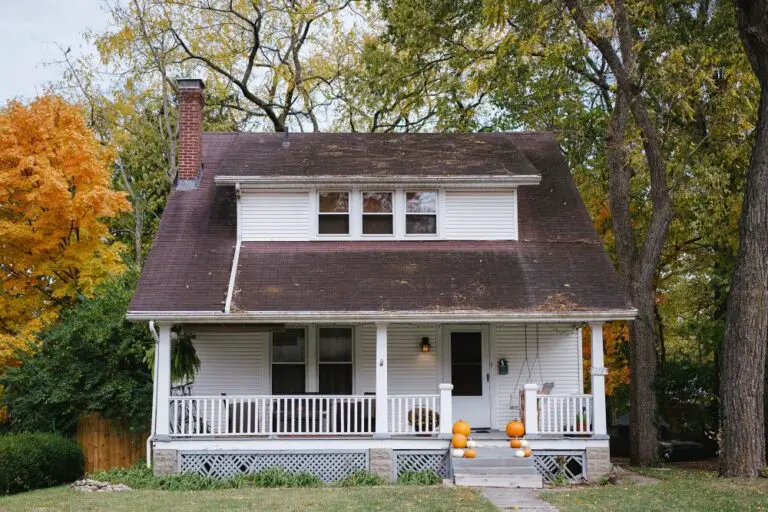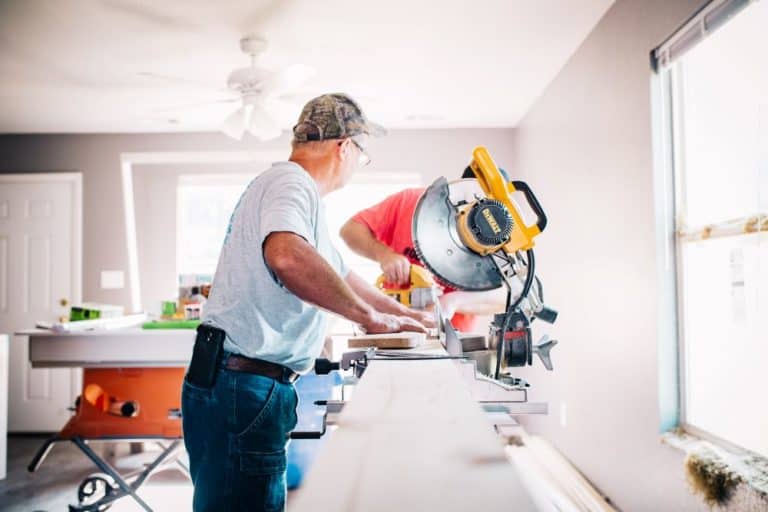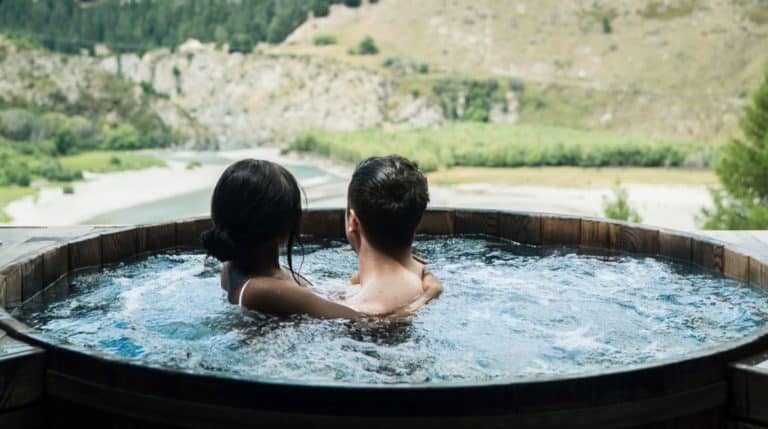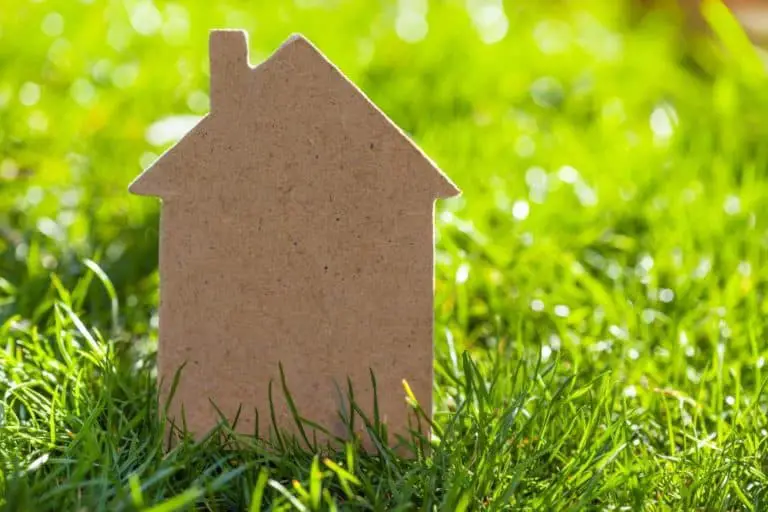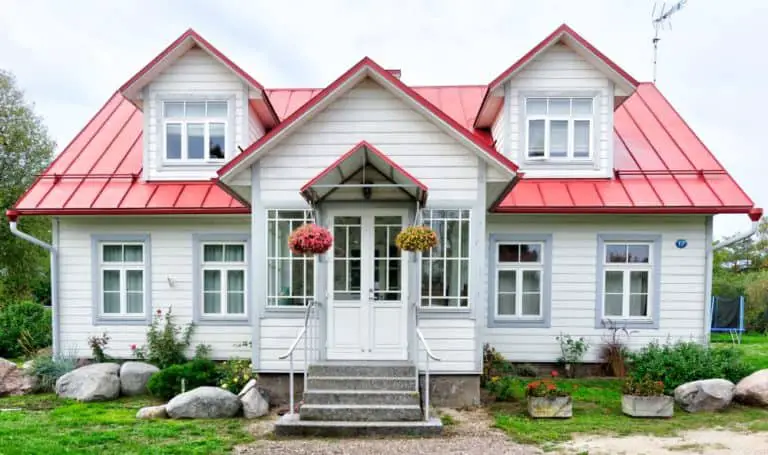Off-Grid Home Insurance: Is It More Expensive?
Insuring your home is a critical way to minimize your losses should the worst happen, but paying the premium can be an expense that you could do without. If your home is off-grid, is this likely to drive up the cost of the policy?
Some features of off-grid homes can put them at greater risk of damage, which is likely to make them more expensive to insure. However, this is decided on a case by case basis and may change from insurer to insurer. If you choose your home carefully and take steps to make it safe and secure, you’ll likely reduce the cost.
Let’s take a closer look at how the policies may differ for an off-grid home:
Table of Contents
Are off-grid homes covered by a specific type of insurance policy?
No, there is no specific type of home insurance policy designed only for off-grid homes. Policies are chosen based on what you want to cover and the potential risks to the home. In most situations, this is decided on a case by case basis.
Just because a home is off-grid doesn’t automatically mean its harder or more expensive to insure. If your home is in a remote area with little or no access from fire services, with no nearby water supply, and you’ve done all the off-grid adaptations yourself, you may struggle to get insurance.
However, if your home runs on off-grid solar panels that you hired a professional to install, it meets all local building codes, and you’re within easy reach of the local fire department, then you’ll have no problems.
Whether an insurer wants to offer you cover will depend on their own agenda and the potential risks they see. Their decision is unlikely to rely solely on whether the home is off or on the grid.
Some companies look for certain types of properties that they will insure and some that they won’t. This can depend on what they already have on their books or what their current strategy is. Consequently, if you get turned down, don’t be disheartened, keep looking, and you’ll likely find an insurer who’ll be happy to insure you.
What factors might increase the cost of an off-grid insurance policy?
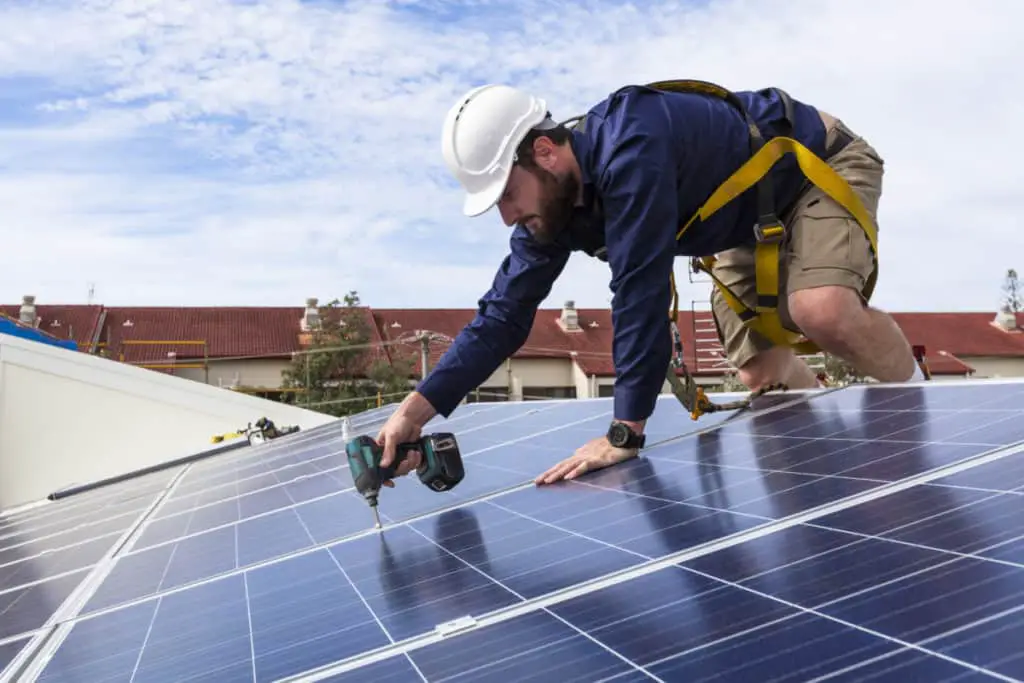
The cost of your policy will reflect how many risks there are to your home and how prepared it is to meet them. These are some factors that could drive up the price:
DIY panels and electrics – Doing as much as you can yourself in your home is a great way to save money, but it may also increase the cost of your insurance. If electrical items are not properly installed, they can create a significant risk of fire.
Fire hazards – Things like wood-burning stoves and large wood piles can be seen as a fire risk. Also, if trees surround your home, that can sometimes be seen as a fire hazard, particularly in hot, dry climates.
No access to emergency services – If your home is remote or a long way from the local fire service, then the chances of them reaching you in time to prevent any damage are slim.
Risks factors in the local area – If your local area is at risk from natural disasters, floods, fires, tornados etc. this can also add to the cost of your policy.
Failing to follow simple safety guidelines – Many appliances and equipment come with simple safety guidelines. For example, propane heaters must always be well ventilated and are often required to be installed on an outside wall. If you don’t follow simple guidance like this, likely your home may be considered a greater risk.
Related reading: Will taking my home off-grid destroy its value?
How can I reduce the cost of my home insurance?
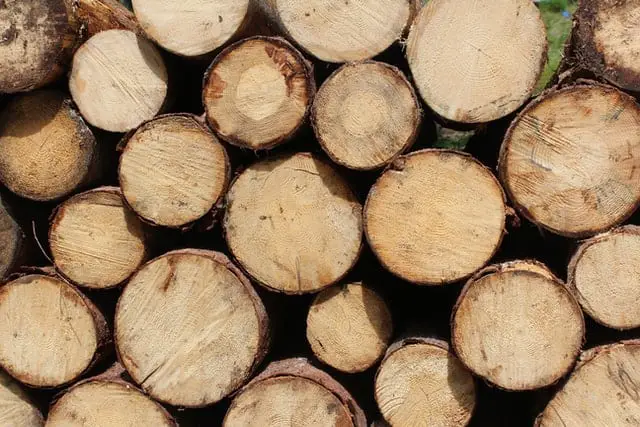
Even if your home is at significant risk of some of the above factors, there are several things you can do to reduce the risk and bring the insurance cost down:
- Use qualified professionals where possible to install high-risk items like home electricals, solar panels and waste systems. If you want to save money by doing things yourself, do that on the smaller day to day projects.
- Take steps to minimize fire hazards. For example, store timber away from your house and follow local guidelines for fire safety. Where you can’t remove the risk, find ways to manage it by installing smoke detectors and extinguishers.
- If the local fire department is a long way away, look into ways to reduce the time it takes to get there. Make your property accessible all year round. Consider keeping separate water storage specifically for fire emergencies.
- Be aware of the risks locally and look at what others have done to minimize those risks.
- Choose appliances, particularly heaters that have high safety ratings.
- Look for insurers who may give discounts for green adaptations such as solar panels.
- Install security systems like alarms, lights and cameras.
- Install a backup generator. Having a backup generator will reduce the risk of any damage caused by being without power for an extended period. From the point of view of the insurance company, you’ll be less likely to claim for freezers full of spoiled food.
The best way to establish how you can reduce your premium is to speak to your insurance company and see what it is that’s driving the price up. They should be able to offer you a detailed review of your policy. That way, you can make a personal plan to reduce the risks.
Are solar panels covered in home insurance?
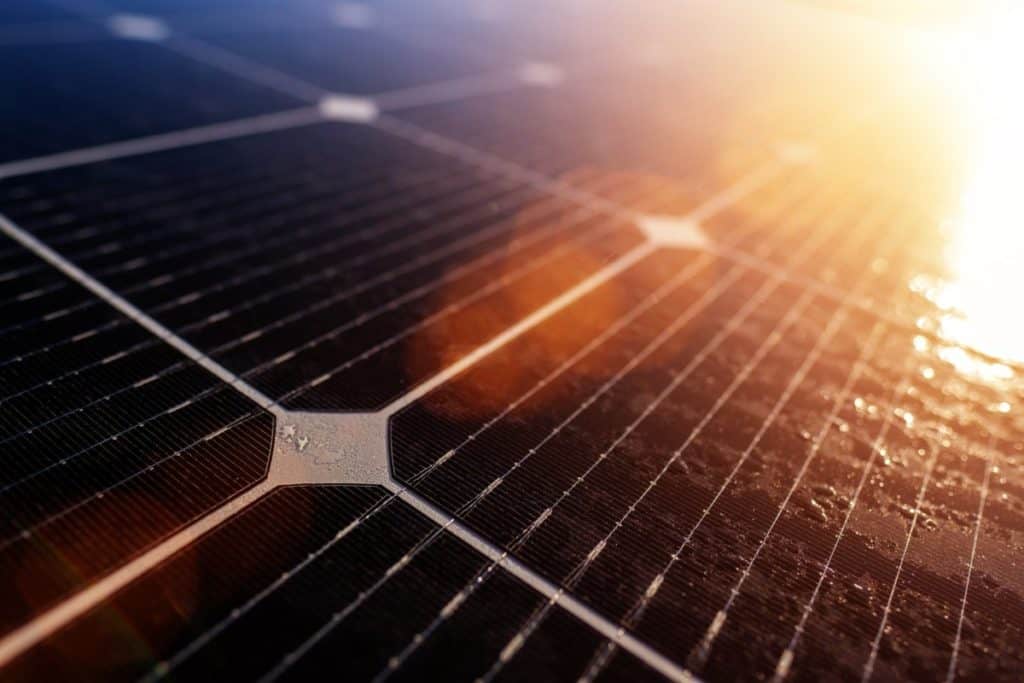
Off-grid homes often have extra items that you’re less likely to find at on-grid properties—for example, solar panels and wind turbines. Most insurance companies won’t require you to take out additional policies for these items, but you should take their value into account in the total home evaluation.
Panels that are attached to your home are likely to be covered from damage relating to the perils (such as hail, wind, fire etc.) mentioned in your policy. However, it’s always worth checking to see what your insurance company’s approach is.
How do I prevent being refused home insurance cover?
To prevent the possibility of being refused cover, you should always speak to your insurance company before moving or making any major changes to your home. Get a quote first!
Also, do your research and find out if there’s anything that has the potential of preventing you from getting insurance. If your home adheres to zoning restrictions and local building codes, you’re more likely to find cover.
Knowing what’s going on locally can be really important. If your home is held to certain standards or at risk of environmental factors, likely your neighbors’ homes are too. By considering how others have reduced risks and got a policy, you may be able to follow their example.
Related reading: How to develop your income off-grid.
What to do if you can’t get insurance
In some situations, you may move into a new home, build one or adapt your existing home and find that your insurer refuses you cover. If this happens, what do you do?
- If one insurer has refused you cover, it doesn’t mean that they all will. Get busy calling all the insurers you can find. Some have particular types of homes they focus on, and you just need to find one that wants to take on homes like yours.
- Find out exactly why they won’t offer you cover and see if there’s anything you can do about it. However, if you’re going to make changes to your home, confirm with the insurer that this will result in them being happy to cover you. Otherwise, you may find yourself spending lots of money, and they still might not offer you a policy.
- As a last resort, you can consider self-insuring. This is when you evaluate the risks to your property yourself and estimate the cost of replacements or repairs. Then you save and put money aside to cover yourself for those eventualities.
Conclusion
Insurance companies already cover many off-grid homes throughout the US. They’re unlikely to charge you more based on the fact that you’re off-grid, but there are things that can drive the cost up.
The most effective way to avoid this is to speak to an insurance company as soon as possible and consider how you can make your home more safe and secure every step of the way. Don’t leave it till the last minute; get quotes as soon as possible, so you know exactly what you’re dealing with and if you need to make any adjustments.
Check out my recommendations for equipment that will help you take your home off-grid.
My Off-Grid Product Recommendations
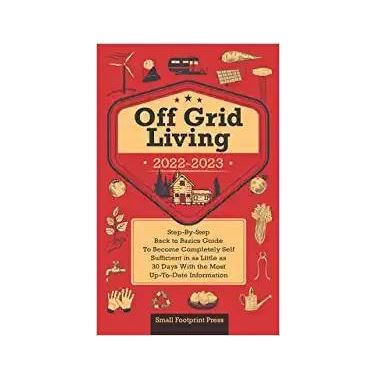
Useful Book: Off Grid Living 2022-2021 – This incredible step by step guide is a great read and gives you useful information about reaching self-sufficiency in just 30 days. Get the paperback on Amazon or read it free with a Kindle Unlimited subscription or listen to the audio version with Audible Plus membership.
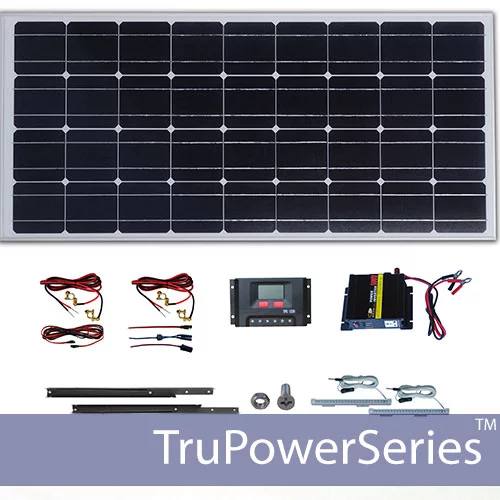
Small Solar Panel Systems: Silicon Solar – This is an excellent company that offers lots of products to get you started on your solar journey. Visit Silicon Solar.
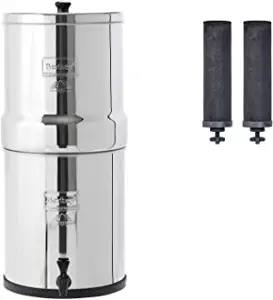
Family Water Filter: Big Berkey – For a fast, affordable water filter with no plumbing required, you can’t beat a Big Berkey gravity-fed filter like this one from Amazon.
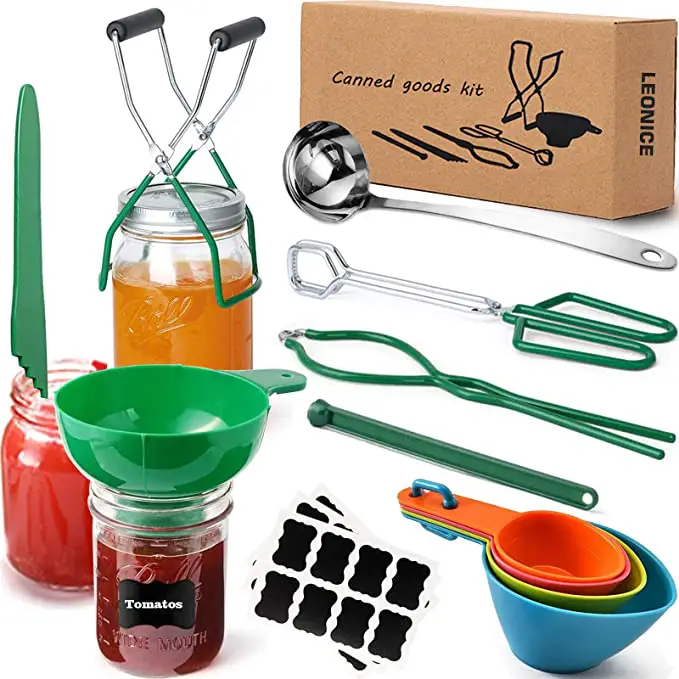
Canning Equipment – This canning starter kit, 22-quart Barton pressure canner and twelve-pack of Ball 16oz mason jars will help you preserve food as you work towards self-sufficiency.
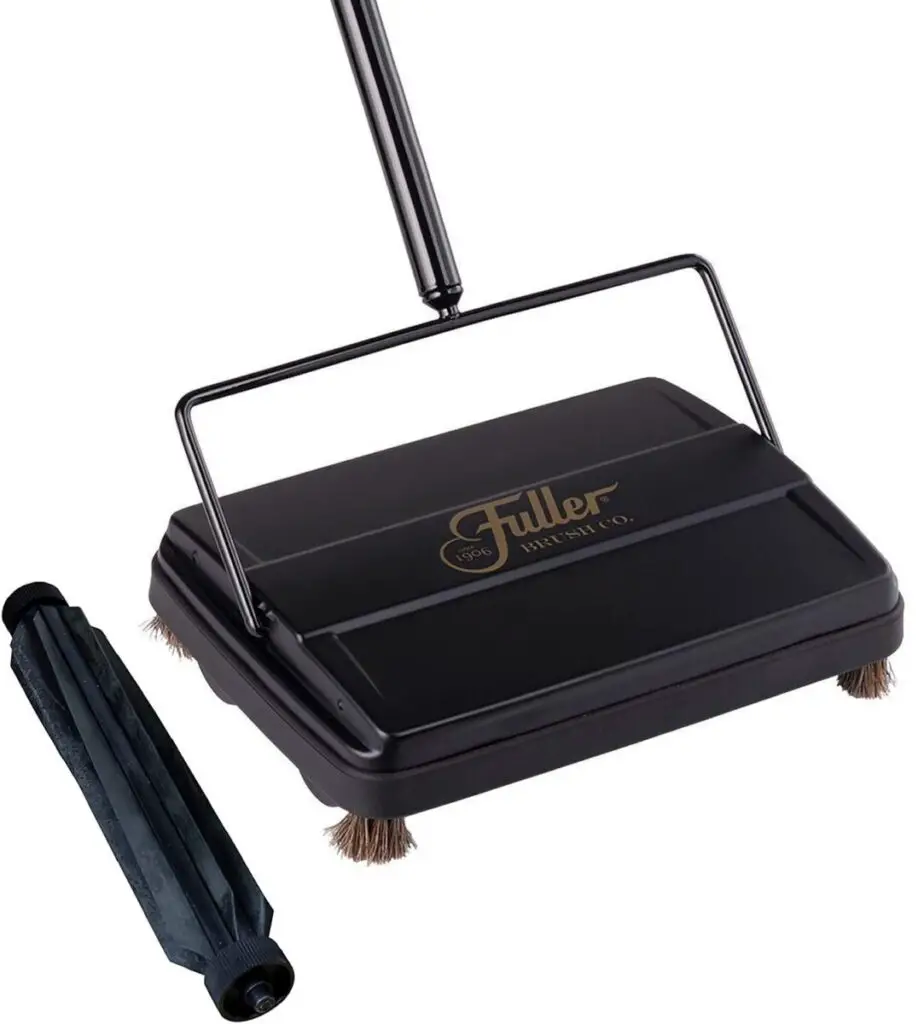
Cleaning: Fuller Carpet Sweeper –. This carpet sweeper is an ideal way to keep your home clean without using up your energy stores on vacuuming.

Handy Knife: Gerber Serrated Paraframe – This handy all-purpose knife is lightweight and ideal for all those little jobs around your home and garden.


